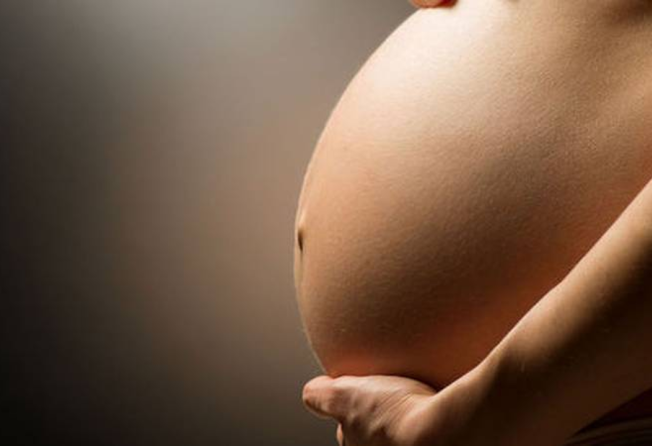More time the key to getting pregnant, New Zealand study shows
Half of first live-births in study of more than 1,300 couples occurred more than two years after first clinical assessment

By Amy Wiggins
Young couples who fear they are infertile may just need more time rather than costly treatments, new research shows.
A University of Otago study found almost 62 per cent of the 1386 couples gave birth to a child in the 13 years of the study and just under half of those fell pregnant naturally.
Difficulty conceiving is a common problem, with up to one in every four couples taking longer than 12 months or needing medical help.
Lead author Dr Antoinette Righarts, of the Department of Women’s and Children’s Health at the Dunedin School of Medicine, said the study was unique because it followed all the women assessed at the Otago Fertility Service between 1998 and 2005 rather than just those having a treatment.
“We found that 62 per cent of couples were able to have at least one child, but it could take time - 50 per cent of first live-births occurred more than two years after first clinical assessment. Also, we found many couples did not need treatment,” she said.
“Overall, just under half of the first births were independent of any treatment.”
The research also showed that if a couple were able to have a first child, it was more likely than not that they could have more children if desired.
“The extended follow-up also gave a more complete picture of outcomes, including additional children, for couples experiencing infertility. Almost two-thirds of previously childless women who had one child had at least one more.”
The study found age was the most important factor in infertility with the best outcomes in women under 30, Righarts said.
“As women age, success is less likely, with resolution unlikely in women aged 42 or more.”
The number of women in their late 30s and early 40s who gave birth was very similar with a third of women aged 40 to 41 successfully having a child.
“So for couples in this age group, early referral - after six months without success - is very important.”
Being severely obese reduced the probability of having a child but being overweight or moderately obese did not have an impact.
Senior author Professor Wayne Gillett, of the Department of Women’s and Children’s Health, said the study showed unless a couple had a major problem causing their infertility or had been trying for years, it should be managed without treatment initially.
“This will particularly apply to younger women and will allow more opportunity to spontaneously conceive and avoid potentially costly and stressful treatment. Many couples will go on and have their desired family size.
“This data also confirmed that couples who want children should not delay trying to start a family if that suits their personal situation, especially if they want more than one.”